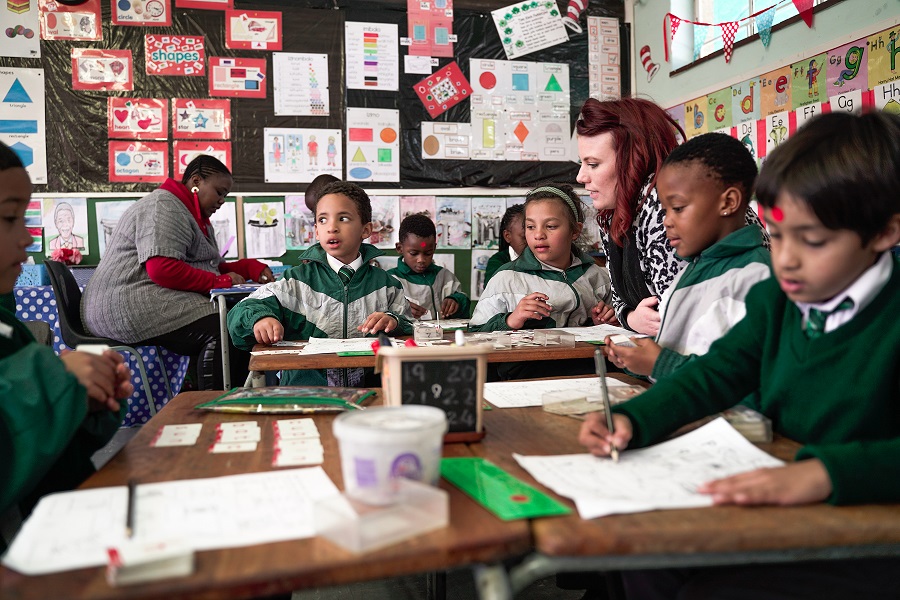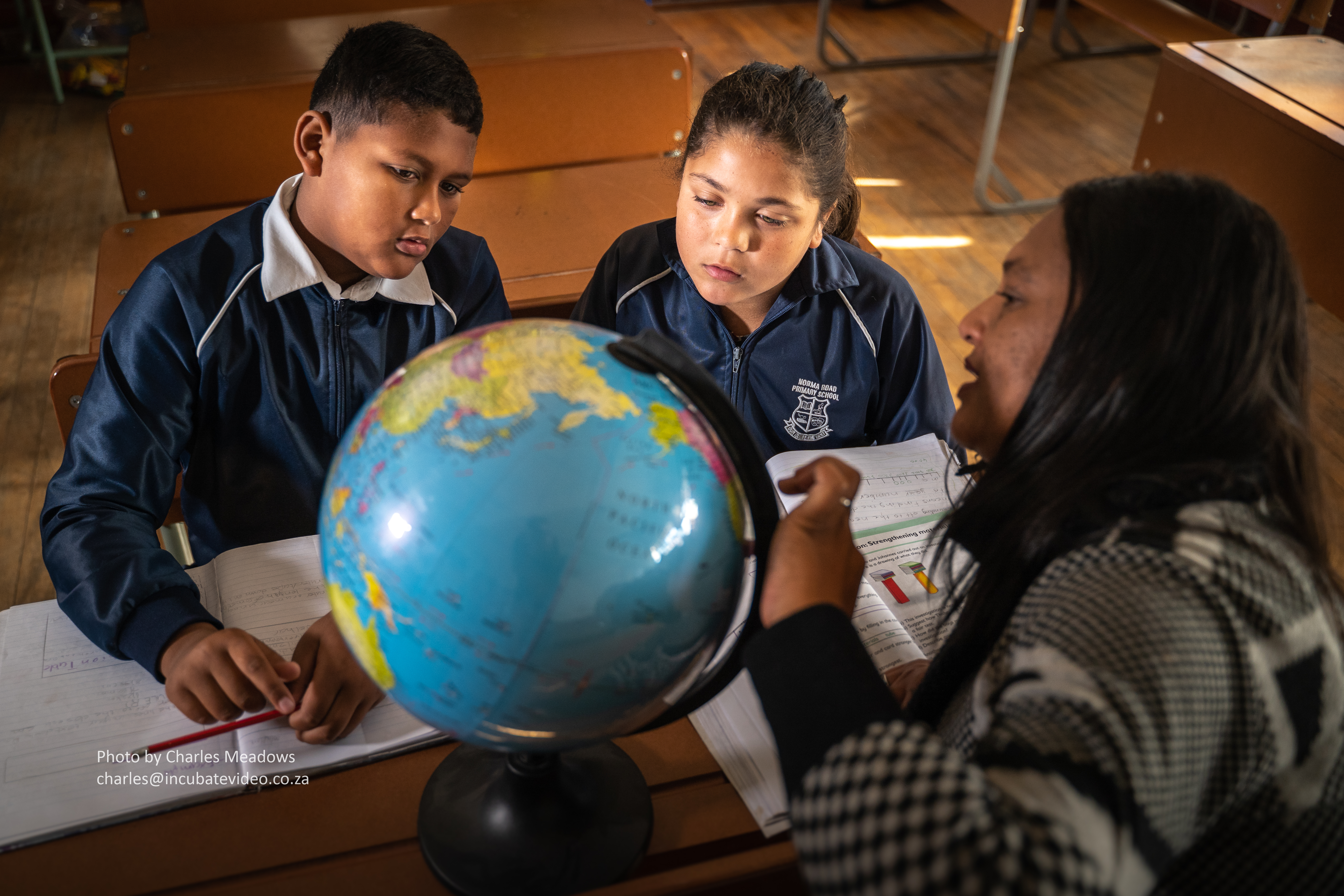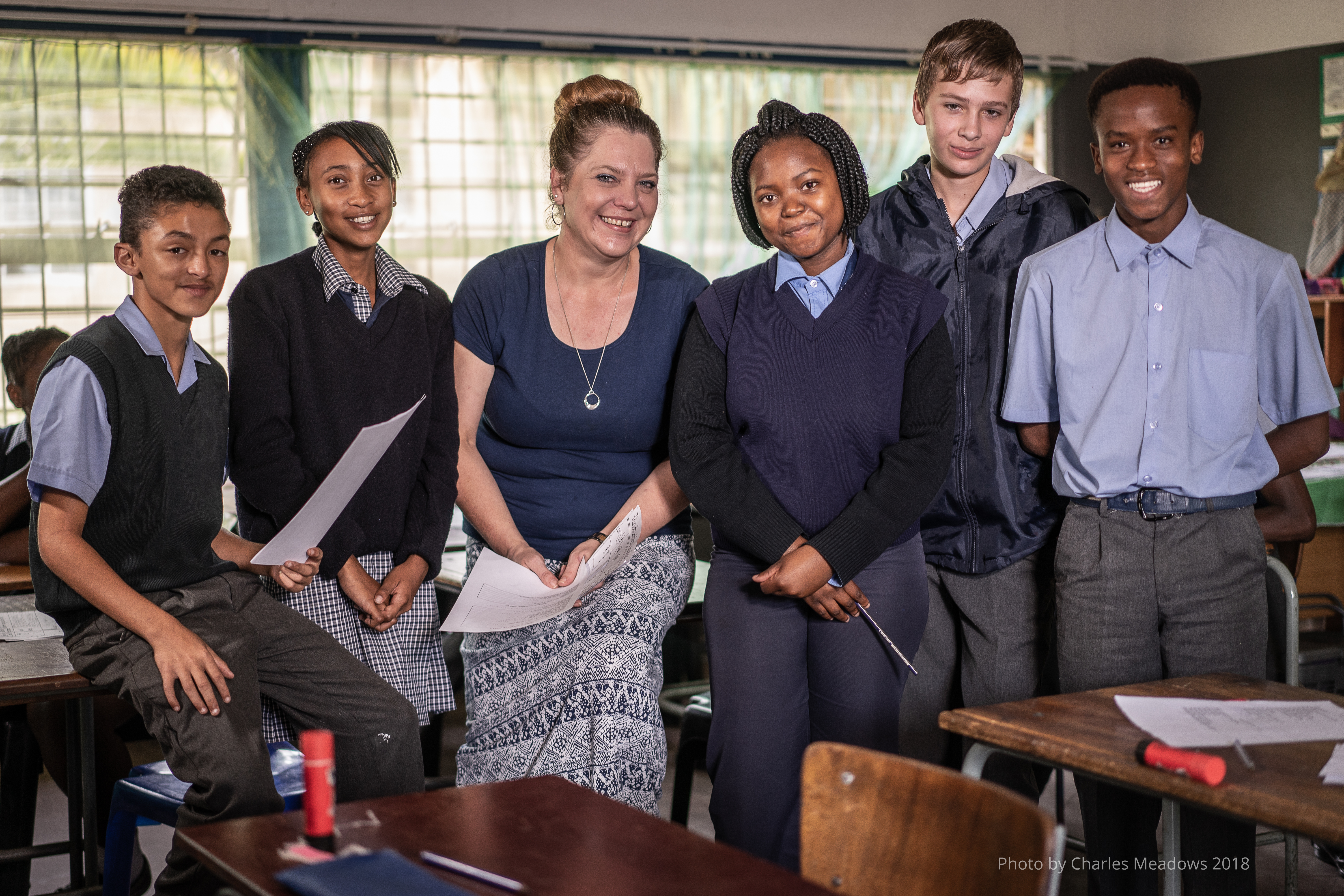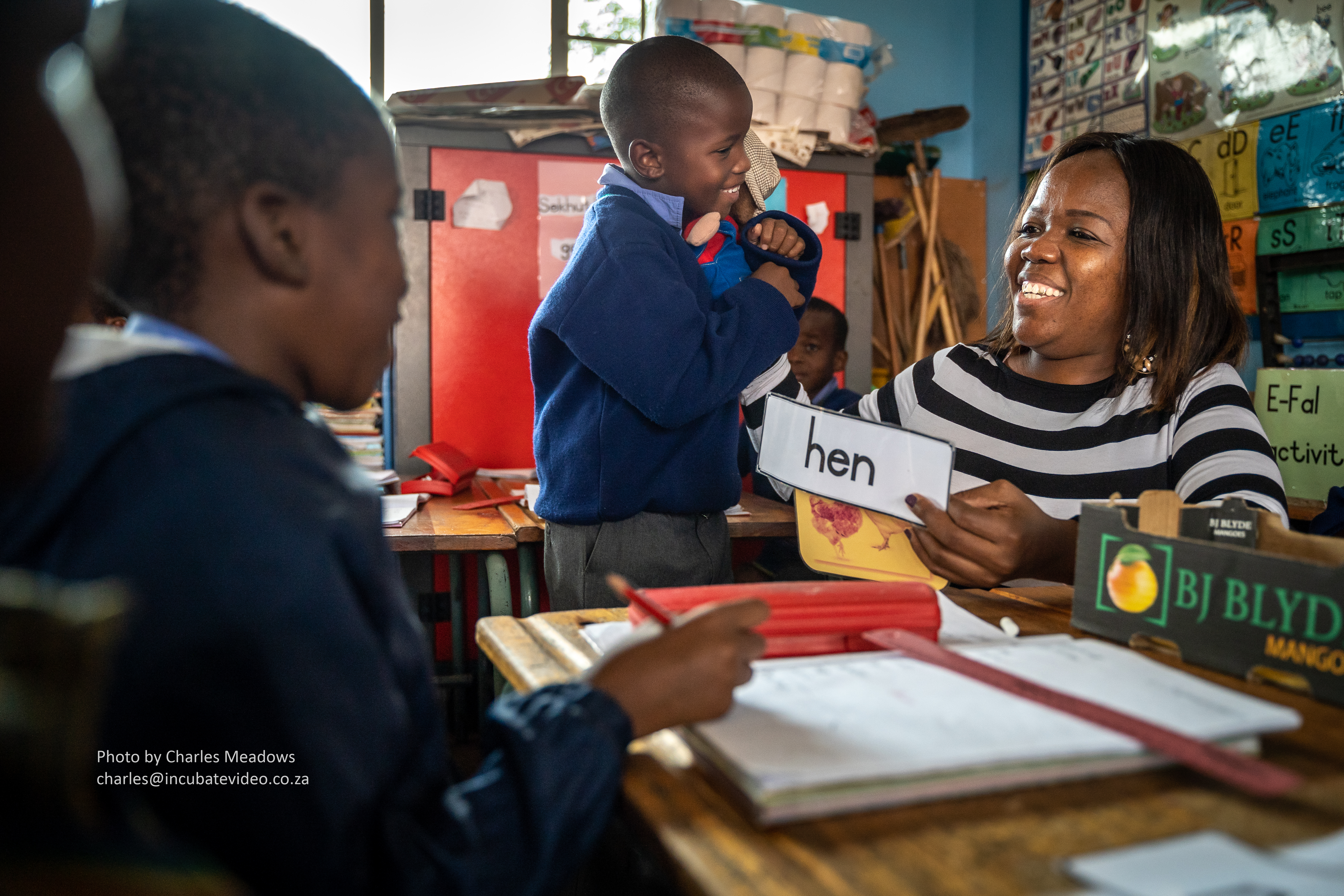
The module begins with an exploration of the complex context of exclusion in South Africa and the development of policies of inclusion both nationally and internationally. The overarching principles and values of inclusion in South Africa are outlined, with a specific focus on ubuntu and the Bill of Rights. Academic theories and models of inclusive education are presented, and the unit closes with clarification of what it means to be a teacher who teaches inclusively.

In this unit, you will explore the concepts of learner diversity, intersectionality and equity for different relevant school contexts (with specific reference to disability, language, culture, race, socio-economic status, gender identity, sexual orientation, religion, and cognitive, sensory and psycho-social differences, with a specific focus on demonstrating how these concepts will enable quality teaching and learning for all in your own teaching context. You will then take a deep dive into “language and cultural diversity”, which is a particular challenge in South African classrooms. You will demonstrate how understanding these aspects of diversity contributes to access, acceptance and participation of all learners in inclusive classrooms.

Picking up from Units 1 and 2, this unit starts with a discussion of what it means to be an inclusive school community, and identifies the key role-players, focusing on the learner and the teacher. It looks at the Department of Basic Education’s Care and Support for Teaching and Learning (CSTL) framework for transforming schools into inclusive centres of learning, care and support. The Policy on Screening, Identification, Assessment and Support (SIAS) is explored as the official tool for accessing support, and collaboration by all stakeholders is foregrounded as a key strategy.

In the final unit, you will explore why all learners are capable of learning and how difficulties in learning are a challenge for teaching rather than a problem within learners. You will also demonstrate how replacing deterministic views of ability with transformative views enable quality teaching and learning for all. The bulk of the unit is spent in the applying a range of inclusive teaching and learning strategies for lesson planning and delivery in your own context. You will reflect on the use of inclusive teaching and learning strategies in your own context and a range of other relevant school contexts.

 This programme adopts a broad social justice and human-rights-based approach and places you, the teacher, as a key
This programme adopts a broad social justice and human-rights-based approach and places you, the teacher, as a key